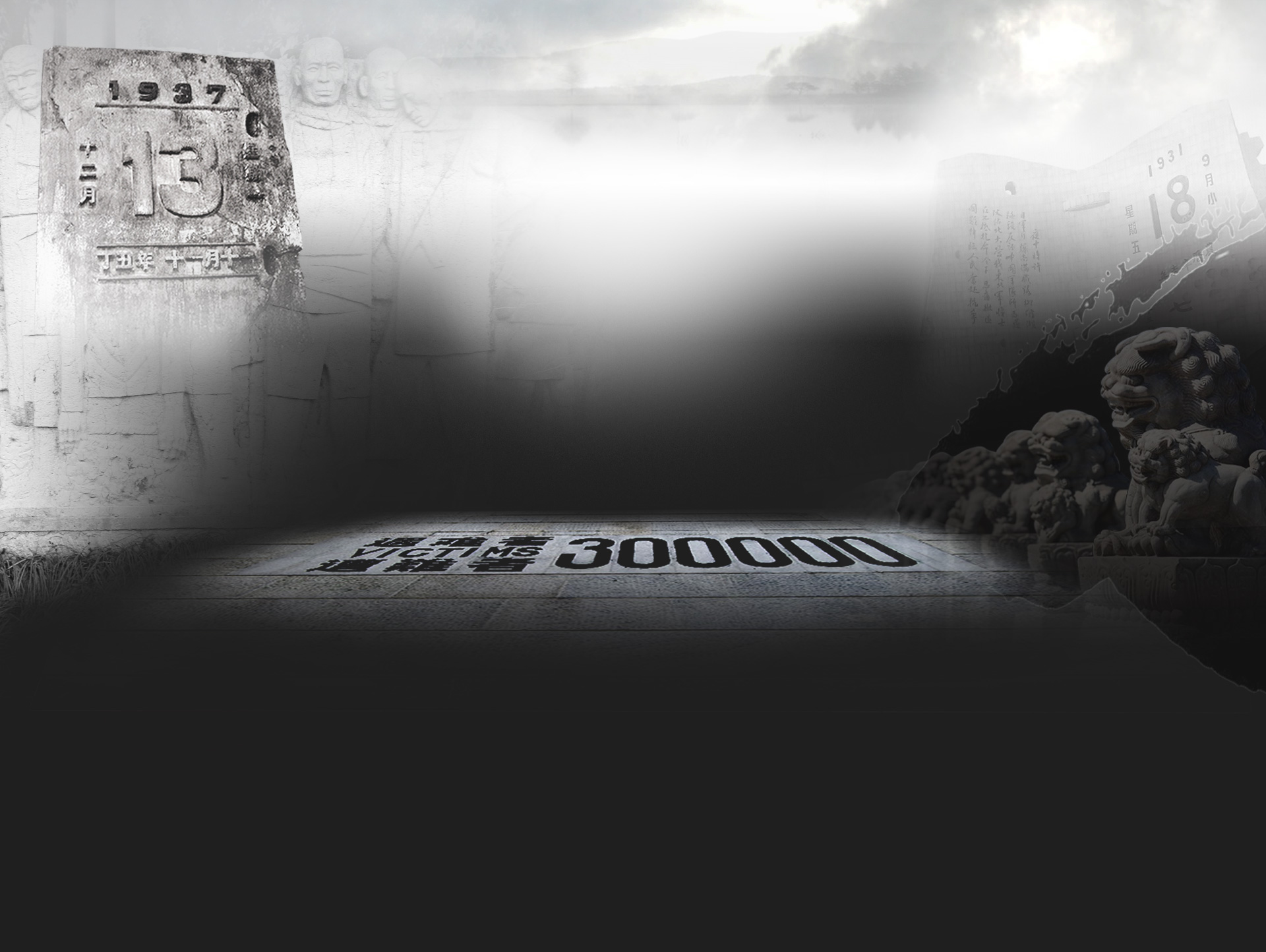TOKYO, Aug. 14 (Xinhua) -- 69 years on, the sentiments among Japanese people toward the day of Japan's unconditional surrender to the Allies at the end of World War II are still mixed.
While some are reflecting on the lessons of the war, historical revisionists led by Abe's administration are bucking the trend and sticking to its rightist path.
As we mark the 69th anniversary of the V-J day (Victory over Japan Day) on Friday, it is time to consider the historic meaning of Aug. 15 and to correct the lies.
A DAY OF REBIRTH
For most Japanese, Aug. 15 is a day of both infamy and rebirth, as it on one hand marks the defeat of Japan, while on the other, marks the rebirth of Japan, from militarism to democracy.
But for Japanese veteran soldier Nobuo Okimatsu, rebirth is the more important of these, as he was literally saved that day by the surrender of his country.
69 years ago, then 20-year-old Okimatsu was a Kamikaze pilot in the Japanese army during its aggression against China and other Asian countries. After training for three months, he, along with other soldiers, were tasked with the mission to carry out a suicidal crash into the Allies' ships.
Their mission was accidentally delayed on Aug. 15, 1945, when the airport that their flight was scheduled to divert from was bombed.
Events turned miraculous for Okimatsu that noon when Japanese Emperor Hirohito declared the acceptance of the provisions of the Potsdam Proclamation, and Japan's unconditional surrender.
"I was saved!" Okimatsu exclaimed, at the time secretly congratulating himself.
After the war ended, Okimatsu joined the "815 Japan-China Friendship Association," an anti-war organization founded by a group of Japanese veterans who had taken part in the aggression.
The organization also calls on people to face up to Japan's wartime history, a base point in historic cognition.
Okimtsu now is the representative director of the association. The 89-year-old still actively participate in speeches and lectures, telling more Japanese of bitter war memories and conveying his reflections.
To Okimtsu and other members of his organization, Abe's visiting of the Yasukuni Shrine, where WWII war criminals are honored, and move to lift the ban on exercising the right of collective self-defense are rowing against the tide.
A HISTORY TO BE REMEMBERED
"It was a sunny day that day," said 74-year old Kenji Kumagai recounting the day of Aug. 15, 1945.
Kumagai was only five by then and lived in Tonghua region of China's northeastern Jilin Province. He remembered on that day, his mother told him in a flurry that she saw Chinese peasants in their neighborhood putting up Chinese national flags, a scene they had never seen before.
"It was not until then that everybody realized that we are living in a country that belonged to others, on a land that belonged to others. We Japanese have been occupying others' land," Kumagai recounted.
Kumagai said it was absolute that Japan was wrong before the day of surrender, and was reborn after Aug. 15.
Hiroshi Akiyama was born in 1962, 17 years after Japan's surrender. The V-J day 69 years ago to him is closely connected to his memories of his grandfather, who was a soldier during Japan's aggression against China.
"My grandparents never talked about his past in the war," said Akiyama, citing that once, when a television broadcasted a live memorial service to the war dead, his grandfather quickly switched it off.
"I think it is a sentiment of aversion," said Akiyama. "He did not want to be reminded of the memories of war. It perhaps was a permanent trauma to people like him."
But Japan's younger generation seems to have been "desensitized" to the war and its lessons.
Sato, a college student, said he is supportive of Abe's decision to lift the ban on exercising the right of collective self-defense. "Japan could help those nations that could not save themselves. From this point of view, I think the lifting of the ban is good," he said.
That Emperor Hirohito was spared from trial as a war criminal has made Japan "a society bearing no responsibility," said Professor Nobuyoshi Takashima, trying to explain Japanese youths' distorted understanding of history.
The professor at the University of the Ryukye added that Japan's education also does not touch on the topic of Japan's waging of the war.
DISTORTION OF HISTORY
Japan has never called the Aug. 15 the day of defeat or the day of unconditional surrender. Instead, it calls it "the day when the war ended" to shun its crimes and the lessons.
Akira Nakamura, a former editorial board member of Japan's Kyodo News Agency said Japan's ruling class at that time did not want to admit the defeat for fear of bearing the responsibilities of the war, especially the responsibilities of Emperor Hirohito and its loyalists and relatives.
It was a brainwash to use the word "end" instead of defeat and surrender, said Nakamura.
Okimatsu said that in Japan, both its leadership and general public failed to recognize the real cause of their defeat. "Many people just feel ashamed, but do not know or intend to find out why Japan waged such a war that caused great damage to other Asian countries and how they were defeated," he said.
Even some veterans believe they were only defeated by the United States and were not a loser in the Chinese battleground.
"Every Japanese shall ask themselves what the day Aug. 15 truly means," said Okimatsu.
